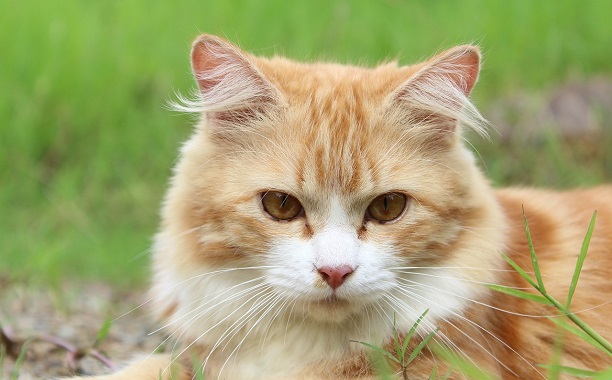People infected with what has been dubbed the “cat poop parasite” — known formally as Toxoplasma gondii or T. gondii — are almost twice as likely to develop schizophrenia, according to a study published in the journal Acta Psychiatrica Scandinavica.
The single-celled protozoan parasite, which over 60 million people in the United States are chronically infected with, causes a disease known as taxoplasmosis. While the parasite is widespread throughout the world, very few humans exhibit symptoms as a healthy immune system usually keeps the parasite at bay, preventing it from causing illness, according to the U.S. Centers for Disease Control and Prevention (CDC).
The study also found an association between the parasite and addiction as well as obsessive-compulsive disorder (OCD), however, the researchers themselves warn that the study’s findings should be approached with caution.
The study’s authors were quoted by CBS News as having said in a press release that the study’s “findings may give further clues about how T. gondii infection can possibly (alter) the risk of specific psychiatric disorders.”
In schizophrenia, the evidence of an association with T. gondii is overwhelming (…) These findings may give further clues about how T. gondii infection can possibly (alter) the risk of specific psychiatric disorders.
In order to protect against the threat of infection through contact with cats, the CDC recommends changing a cat’s litter box on a daily basis, as the parasite is not infectious until one to five days after it is shed in feces. It’s also recommended that one avoids feeding cats either raw or undercooked meat and to cover sandboxes when they’re not in use.
Health officials warn women to avoid cleaning litter boxes, if at all possible, as the infection is particularly hazardous to unborn babies. Those who are unable to avoid cleaning litter boxes should wear disposable gloves and thoroughly wash their hands with soap and water following cleaning.
In yet another recent study examining the connection between mental illness and cat ownership, a study conducted by E. Fuller Torrey of the Stanley Medical Research Institute and Dr. Robert H. Yolken of Johns Hopkins University School of Medicine found a link between childhood cat ownership and later diagnosis with schizophrenia or other serious mental illnesses.
The study’s authors were quoted by CBS Washington as having wrote that childhood cat ownership “has now been reported in three studies to be significantly more common in families in which the child is later diagnosed with schizophrenia” or another serious mental ailment.
Cat ownership in childhood has now been reported in three studies to be significantly more common in families in which the child is later diagnosed with schizophrenia or another serious mental illness
While this cat poop parasite might make you crazy, a tiny parasite known as Pleistophora mulleri may play a role in turning shrimp into zombie cannibals, according to an unrelated study published in the journal Royal Society Open Science.
























